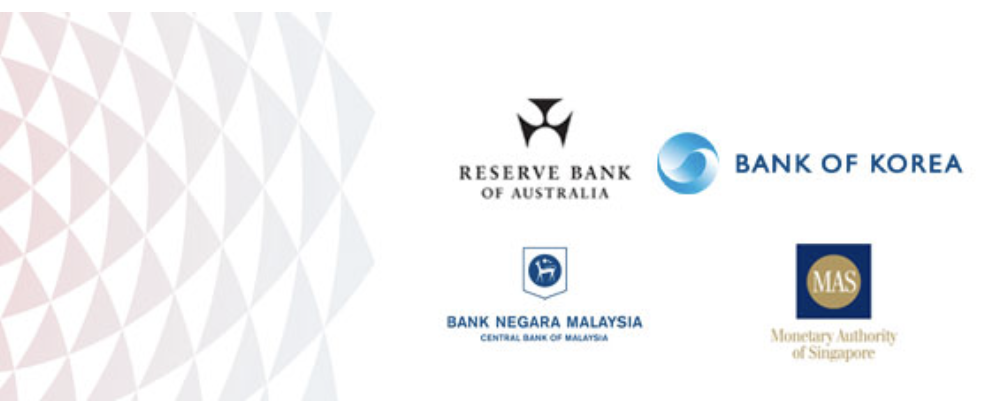
BIS Innovation Hub Unveils Breakthrough in Cross-Border Payment Compliance
The Bank for International Settlements (BIS) and four central bank partners have successfully demonstrated a groundbreaking approach to streamlining cross-border payment compliance through Project Mandala, addressing one of the most significant challenges in international finance.
The initiative, which has reached proof-of-concept stage, represents a collaboration between the BIS Innovation Hub Singapore Centre and the central banks of Australia, South Korea, Malaysia, and Singapore. It introduces a “compliance-by-design” system that could fundamentally transform how regulatory requirements are handled in cross-border transactions.
At the heart of Project Mandala is a decentralized architecture comprising three key components: a peer-to-peer messaging system, a rules engine, and a proof engine. The system automates compliance procedures by embedding regulatory checks directly into transaction protocols, potentially reducing costs and increasing transaction speed while maintaining regulatory integrity.
“Mandala is pioneering the compliance-by-design approach to improve cross-border payments without compromising privacy or the integrity of regulatory checks,” said Maha El Dimachki, Head of the BIS Innovation Hub Singapore Centre.
The project’s significance is underscored by the growing complexity of regulatory compliance. Over the past decade, compliance regulations have increased by 15% annually, resulting in a fourfold increase in regulatory requirements. This expansion has led to higher costs and reduced access to correspondent banking services in some payment corridors.
Project Mandala demonstrated its practical application through two use cases. The first involved cross-border lending between Singapore and Malaysia, where the system streamlined capital flow management measures and sanctions screening. The second case tested cross-border financing for capital investments between South Korea and Australia, automating sanctions screening and compliance reporting for unlisted securities transactions.
A notable feature of the system is its ability to generate compliance proofs that can accompany digital transactions across borders while preserving privacy. Using zero-knowledge proofs and homomorphic encryption, the system allows banks to verify compliance without exposing underlying customer data.
The project’s versatility is demonstrated by its compatibility with both traditional payment systems like SWIFT and emerging technologies such as wholesale central bank digital currencies (CBDCs). For digital assets, Mandala implements programmable compliance that can be embedded into smart contracts.





